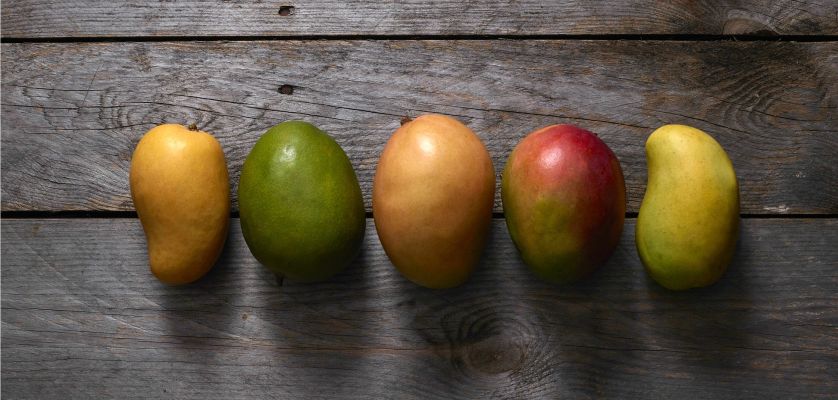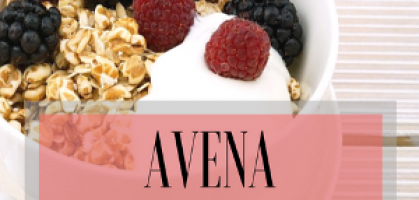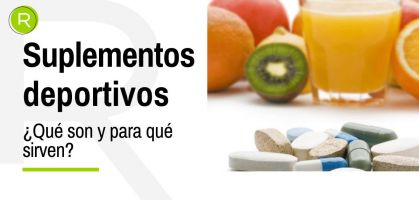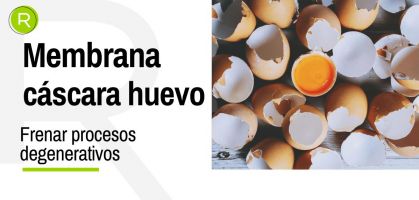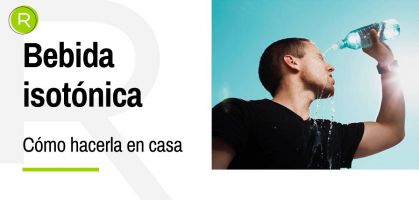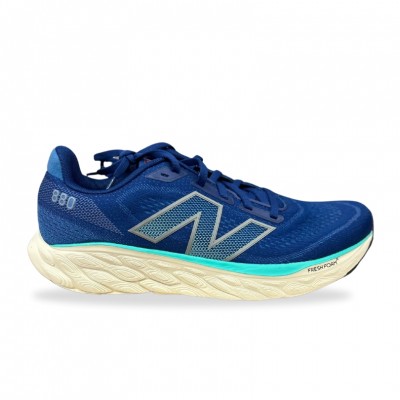We could spend hours and hours talking about the importance of proper hydration and nutrition for a runner to be victorious in their challenges. In this last section, nutrition, the importance of fruits is perhaps not very valued. Did you know?
Eating fruit on a daily basis improves our diet, as it ensures that it is balanced and varied. Fruits are characterized by being very low-calorie foods, which provide fiber, especially cellulose and pectins, and which in turn have a high carbohydrate content, often asmono and disaccharide sugars (glucose, fructose and sucrose) that give them sweetness.
You may be interested in: What do professional athletes eat to run so fast?
Without forgetting that they also contain an important vitamin (vitamins A, C, B1, B2, B6, folic acid) and mineral (potassium, iron, calcium, magnesium, silica, zinc, sulfates, phosphates, chlorides). Most fruits have a high water content (between 80 and 95 percent), and possess antioxidants, flavonoids, terpenes, selenium, phenolic compounds and phytochemical substances.
5 pieces of fruit a day
Experts tell us that you should eat at least 5 pieces of fruit a day, but if you are a running it would be good to increase that number to about 7 pieces of fruit daily.
But what can each fruit provide when it comes to running?
Top5 recommended fruits for runners
Kiwi

It is one of the anti-inflammatory and anti-allergic fruits with the highest concentration of vitamin C (98 mg per 100 g of food), more than oranges and lemons (almost twice as much) and only surpassed in this valor by guavas and currants. It is also rich in lutein, a phytochemical compound that helps prevent cancer, heart disease and eye problems, strengthens the immune system, and lowers hypertension.
It contains a lot of fiber, both soluble and insoluble. The kiwi is rich in copper, which makes it an ideal fruit for the bones, the brain and also the immune system. It also has a high amount of potassium, magnesium and vitamin E.
One piece of kiwifruit provides more than 80% of the daily requirement of vitamin C. Almost nothing. And because of the high amount of vitamin C it possesses, it is a fantastic tool to avoid nervousness and anxiety and reduce stress.
Grape

Fruit composed of 80% water and providing about 70 calories per 100 grams that deserves on its own merits to be in our list of 5 recommended fruits for runners.
It has in its composition very beneficial substances for health such as phenolic compounds: anthocyanins, tannins and flavonoids, with anticarcinogenic, antioxidant and blood circulation toning functions, and are powerful in reducing fatigue.
In addition, being endowed with vitamin K and vitamin B1, green grapes allow us to take care of the health of our bones for a longer period of time.
They are rich in minerals, especially iron and potassium, favoring the reconstruction of many tissues of our body, improving the functioning of the heart, and encouraging the production of red cells that help the circulation of oxygen in the body.
Orange

Its best known component is its vitamin C, since 10 grams of orange contain up to 90% of our daily needs, but we must not forget that it also has a total of 60 types of flavonoids and 170 phytochemicals, beneficial to prevent and fight cancer, reduce inflammation and in cases of asthma or osteoporosis.
Orange contains very beneficial properties for the skin as it helps to keep it hydrated and healthy, making it ideal for rebuilding skin and repairing injured tissues.
Banana

Synonymous with strength and energy, a banana of about 100 grams keeps inside, approximately, 100 calories, 1 gram of protein, 3 grams of fiber, 25 grams of carbohydrates and just under a gram of fat. It is one of the main sources of vegetable energy.
This fruit is rich in vitamins B6 and C, as well as folic acid and minerals such as magnesium and potassium, which help prevent cramps and other ailments.
The banana, therefore, offers intensity, strengthens the brain, accelerates digestion and is also very useful to relax our nervous system.
Pear

The pear is the pear. It sounds like an easy joke, and it is, but it is also an obvious reality. It is a fruit rich in potassium, so it helps to reduce blood pressure and tension, thus combating the formation of clots or damage to the cardiovascular system.
Likewise, it increases blood flow, thus oxygenating the organs and helping them to be more effective.
Its antioxidant and flavonoid components promote anti-inflammatory effects in the body and thus reduce pain associated with inflammatory diseases. Not to mention that the high mineral content of pears (magnesium, manganese, phosphorus, calcium and copper) helps maintain stronger bones.
Read more news about: Nutrition
